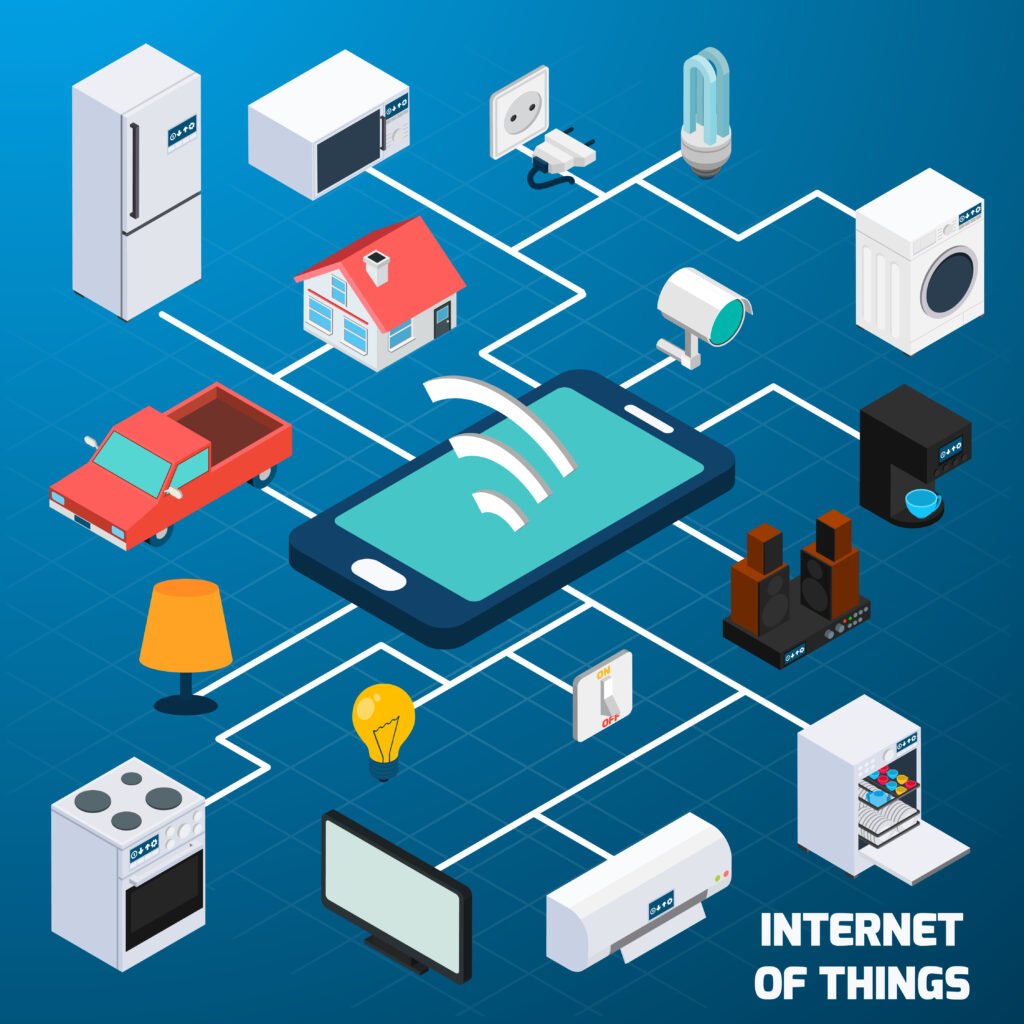
Jaganathan Chelliah, Senior Director – Marketing, India, Middle East & TIA, Western Digital
Today we’re in a world where lights can get switched on automatically as you walk into the room, or the refrigerator can order milk and vegetables when you run out! At the same time, the red-light duration in the traffic signals can adjust itself depending on the number of vehicles on the road at any given time. These technological leaps we see today, that would have seemed like a distant dream only a few short years ago, show the power of Internet of Things (IoT), and how it is drastically transforming the way we work, live, and engage with the world around us.
To harness IoT, reliable and high-capacity storage is needed not just at the backend to store the data, but on the edge too.
In India, a country with a booming tech sector and a rapidly growing internet user base, the potential of IoT is vast. With nearly 900 million internet users in India, the IoT market is projected to grow by 16.56% between 2024-2029, resulting in a market volume of US$49.82 billion in 2029.
IoT applications are emerging in virtually every industry, both large and small, as our world gets more connected.
Here is a glimpse into five key areas where IoT is making significant strides:
Autonomous and Connected Cars:
The concept of self-driving cars is rapidly evolving. While Level 5 autonomy with complete hands-free driving may exist globally, carmakers are currently focusing on achieving Levels 3 and 4, where some human intervention is still necessary. “Vehicle-to-everything” (V2X) technology will enable cars to communicate with each other, infrastructure, and even pedestrians, optimizing traffic flow, enhancing safety, and paving the way for a future filled with intelligent transportation systems. The arrival of autonomous delivery trucks is a testament to this ongoing transformation.
Health tech & wearables:
The popularity of smartwatches from both local and international manufacturers is driving the growth of the health tech market. As an increasing number of people value fitness, a large portion of the population is searching for health insights to track, manage, and secure the data they collect from these portable gadgets to help achieve their fitness goals. The smartwatch market is expected to dominate the heath tech sector, with 65 million units sold and 30% annual growth. IoT is revolutionizing healthcare experiences and providing people with real-time health information and personalized help.
Smart Cities: Energy, Transportation, Parking and More:
Cities are transforming into intelligent hubs with the help of IoT. Energy grids have become more efficient, balancing loads, and distributing power effectively. Traffic lights adapt to real-time conditions, easing congestion, while first responders can control them for faster emergency response. Even parking gets smarter with digital tracking, guiding drivers to available spots and reducing time spent circling for a spot. All of this is possible through the integration of IoT.
Drones:
Drones and IoT are transforming industries like oil rig inspections, facilitating e-commerce deliveries, aiding in environmental monitoring and agriculture. Search and rescue efforts also benefit from drones’ capabilities, with high-performance data storage crucial for successful missions in difficult terrain and environment.
Supply chains:
The complex world of supply chains is getting a digital upgrade with IoT. Companies are leveraging connected systems and data analysis to optimize procurement, shipping, and delivery. Low-power IoT devices track assets, monitor product quality, and even detect tampering. This real-time data empowers businesses to streamline routes and ensure efficient product movement in our fast-paced world.
To sum up, IoT’s boom is driven by better connections, data’s value, and cheaper processing at the device level. Since data is king in IoT, storage is critical. To unlock faster insights and maximize value, data storage in IoT is moving closer to the devices and users. This shift is key for the future widespread adoption of IoT applications.
